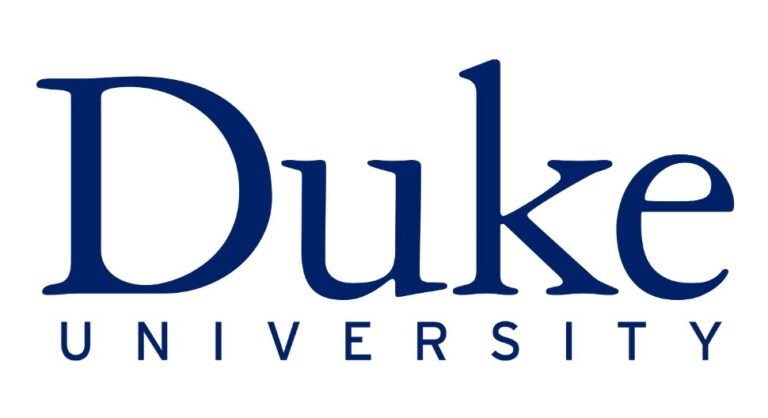The Public Governance Institute has an opening for a fully funded PhD candidates to work within a European research project on the democratic anchorage of public administration reforms.
Public sector reform and innovation is essential to deliver policies and to provide high-quality and resilient public services. A (real or perceived) lack of public administration reform may undermine the legitimacy of government because it is not able to serve the needs of
citizens, or because it damages public finances. This makes public administrations fragile and vulnerable.
Public administration reform is also a source of contestation. The technocratic nature of many reforms and innovations have created concerns about the democratic nature of such reform. The content of innovations (technological and other) may stand in contrast with some basic tenets of democratic society (equal treatment, rule of law, minority protection). The way in which reforms and innovations are designed and delivered may undermine the legitimacy of such reforms. As a result, public administrations are under attack. Illiberal tendencies risk undermining the democratic values of bureaucracies. Populist politics challenge well-intended public administration reforms, but also identify blind spots in reform ideas.
This means there are two major risks. One is that public administration innovators and reformers will design reforms that will not work or will leave parts of the population left out. The other is that reforms of which the effectiveness has been proven will not be seen as legitimate by large parts of the public.
Specific tasks are
• Preparing a PhD in the Social Sciences at the Public Governance Institute, Faculty of Social Sciences (supervisor Prof. S. Van de Walle; co-supervisor prof. T. Steen)
• Communicating and coordinating with the other members in the European research team;
• Liaising with public sector organisations for data collection purposes;
• Designing the research, collecting and analysing data, and communicating about the findings;
• Representing the project during meetings of the research consortium, and contributing to the management of the reporting for the project;
• Writing papers to be submitted to peer-reviewed journals;
• Participating in the international research community and presenting results at conferences;
• Communicating about findings to the broader public and to public sector organisations;
• Occasional involvement in teaching activities, including supervision of exams and master thesis coaching.









